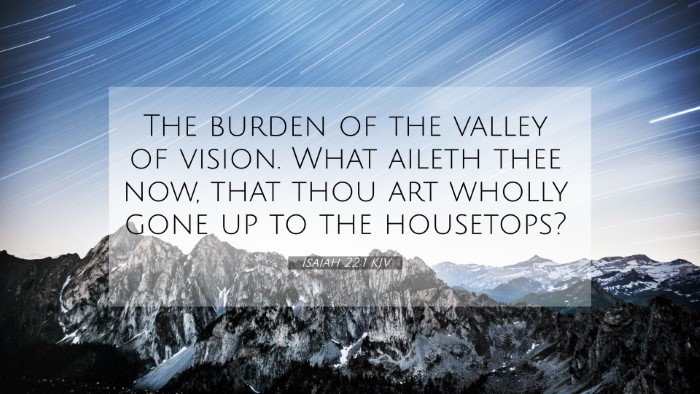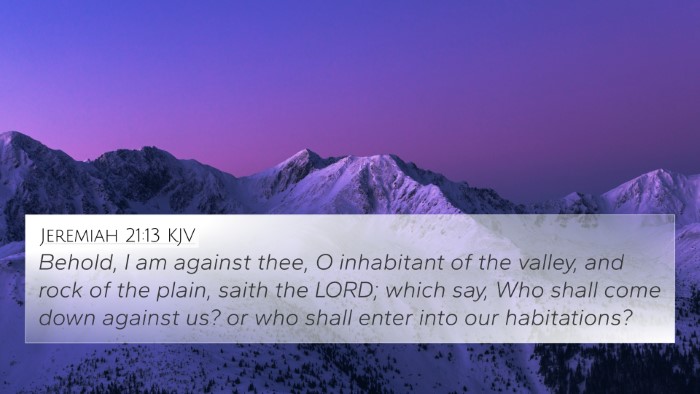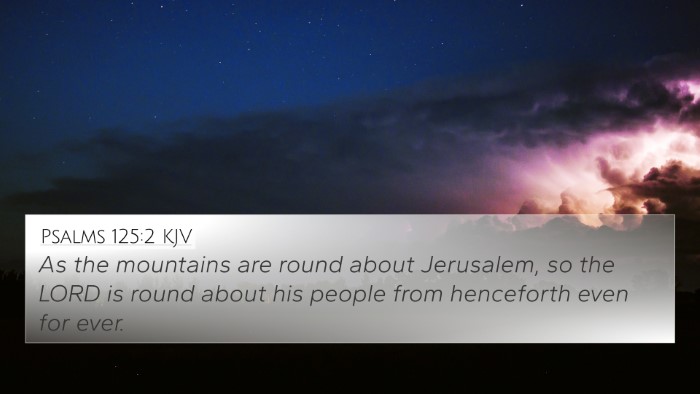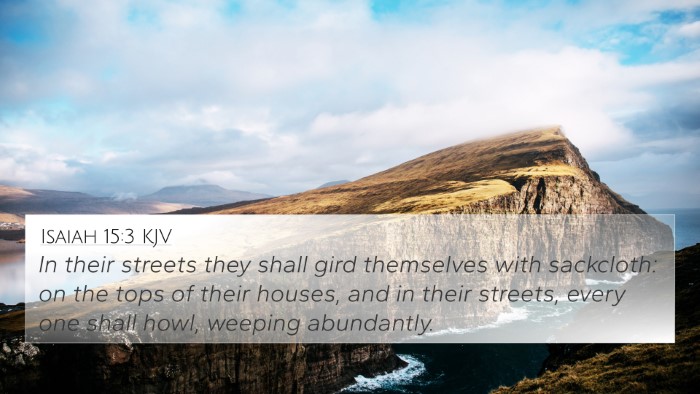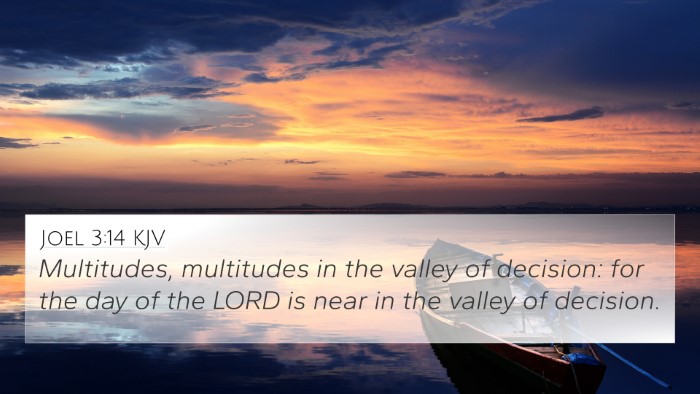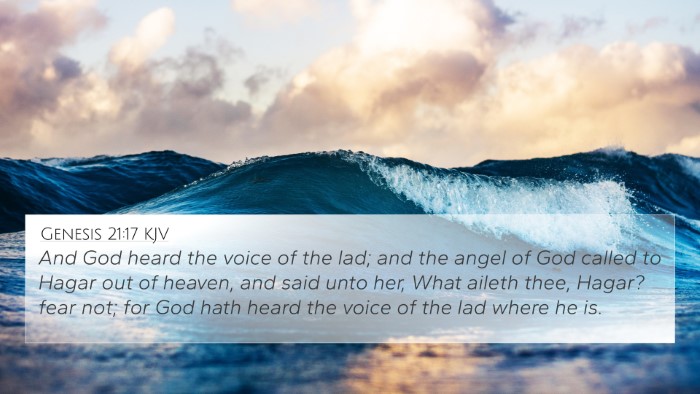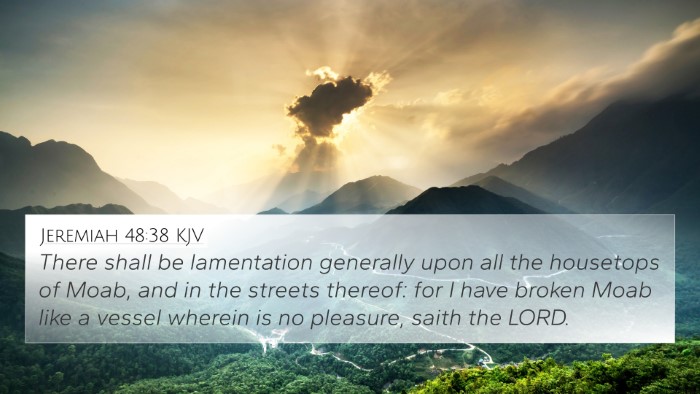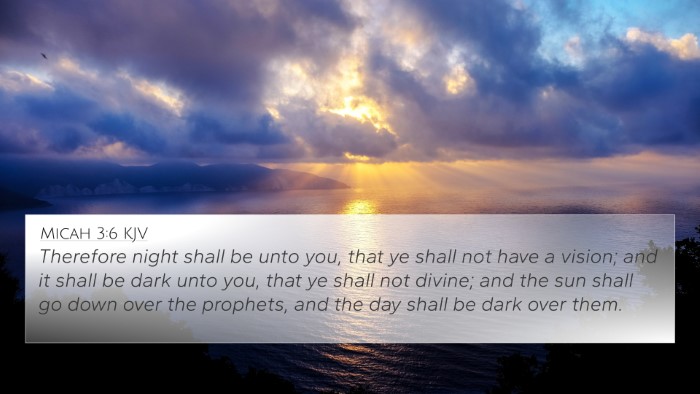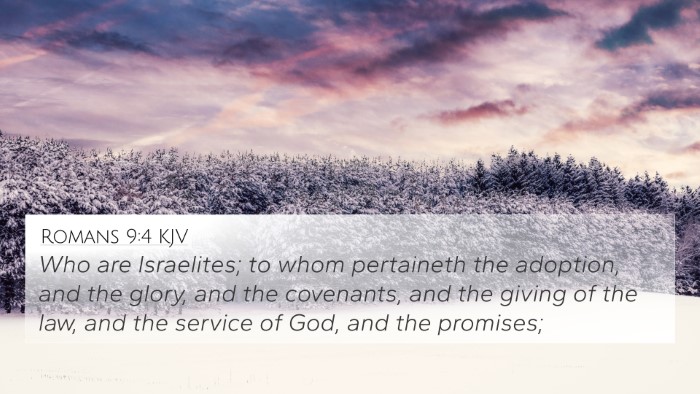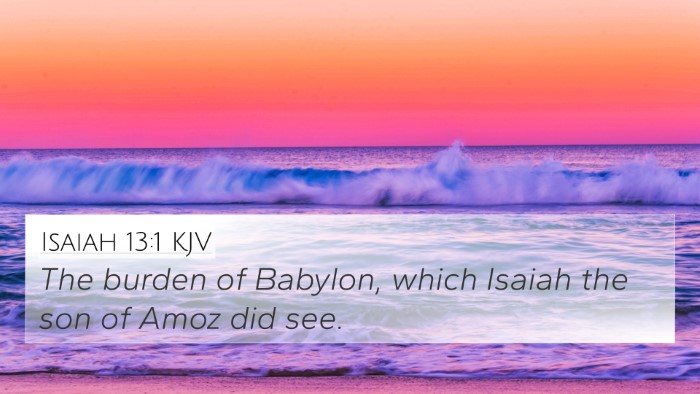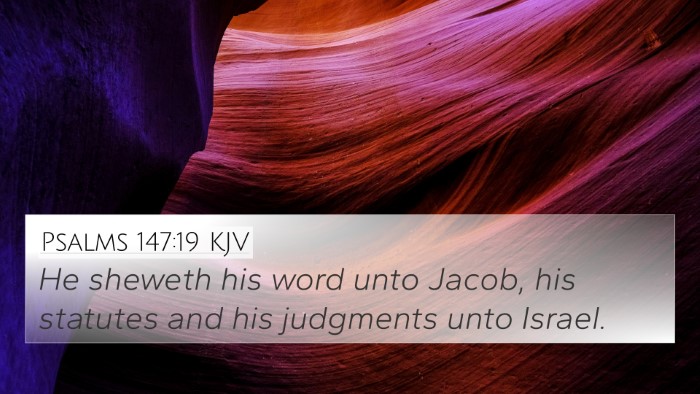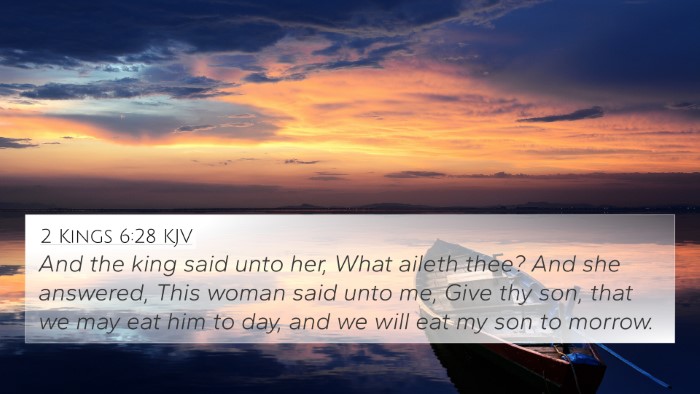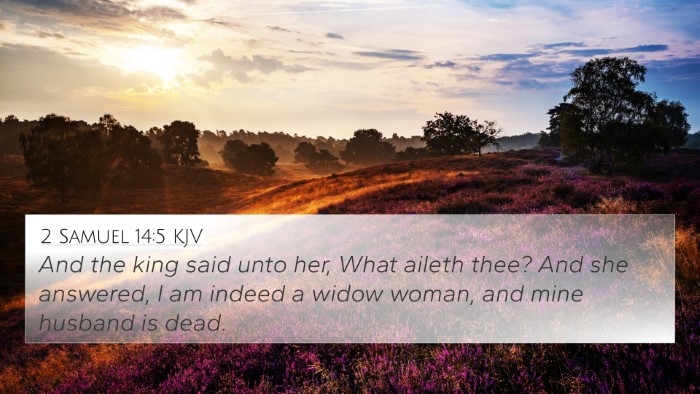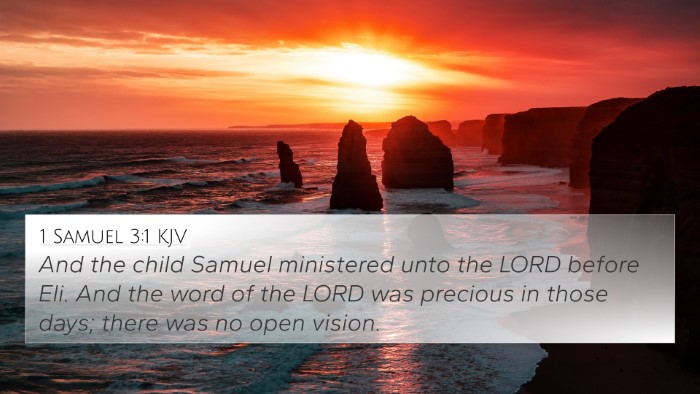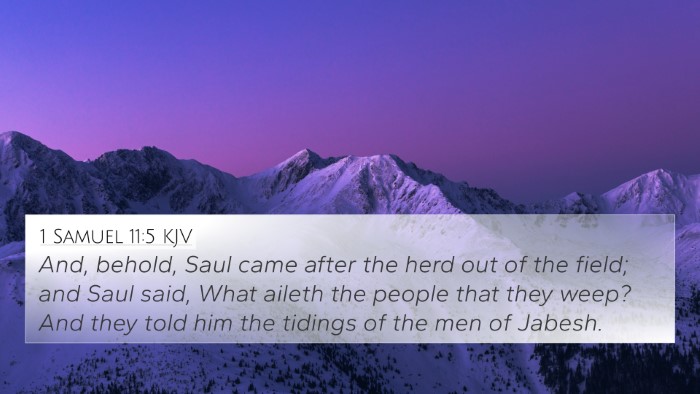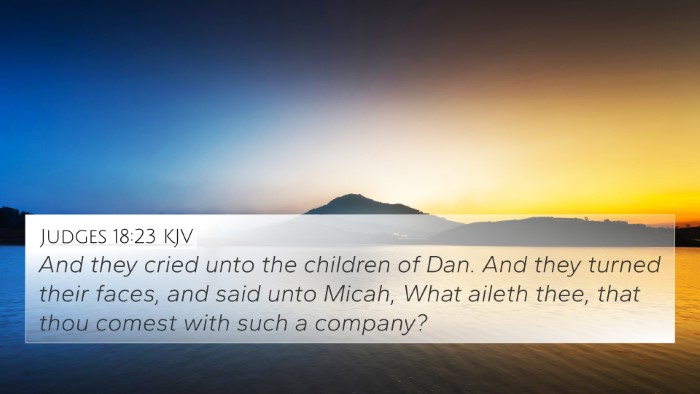Exploration of Isaiah 22:1
Verse Reference: Isaiah 22:1 - "The burden of the valley of vision. What ails thee now, that thou art wholly gone up to the housetops?"
Overview
The verse Isaiah 22:1 opens with a proclamation regarding the "burden of the valley of vision," which suggests a prophetic announcement that carries weighty implications, especially for the people of Jerusalem. The phrase indicates a significant concern over the circumstance of the people in the 'valley of vision,' hinting at a place characterized by both privilege and impending tragedy.
Interpretation of Key Phrases
- Burden: This term frequently refers to prophetic messages that carry a grave warning or deep significance.
- Valley of Vision: This likely refers to Jerusalem, a city often depicted as placed high in the spiritual realm but low geographically.
- Housetops: The mention of housetops symbolizes a place of refuge and observation, possibly implying the people are retreating to them due to fear or despair.
Commentary Insights
According to Matthew Henry’s Commentary, this verse lays the groundwork for understanding the prophetic lament over Jerusalem's spiritual decline. It paints a vivid picture of the city's inhabitants, who rather than engaging with God's warnings, are retreating to the rooftops, showcasing their desperation.
Adam Clarke elaborates on the consequences of such distress, suggesting that the ‘valley of vision’ indicates a place where God has revealed His plans and purpose, yet the people are ignoring the signs. Their behavior illustrates a departure from reliance on divine guidance, leading to chaos and destruction.
Albert Barnes offers a view on the phrase “what ails thee now?” as a rhetorical question, revealing God’s grief over the state of His people. Rather than responding to the calls of repentance, they are preoccupied with their human struggles and refusing to acknowledge their spiritual condition.
Cross-References
To better understand Isaiah 22:1, we can connect it to several related Bible verses:
- Jeremiah 4:19-20: Expresses similar sentiments of distress and warning to the people.
- Ezekiel 33:7-9: Highlights the role of a watchman, paralleling the call to heed warnings from God.
- Matthew 24:21: Discusses great tribulation, linking to the consequence of ignoring God's messages.
- Lamentations 1:1: A lament over Jerusalem that resonates with the emotional tone of Isaiah 22.
- Hebrews 12:25: Calls to pay attention to God's voice, reflecting the warnings given in Isaiah.
- Luke 21:20: Refers to a siege of Jerusalem, expanding the implications of Isaiah's prophetic burden.
- Revelation 18:2: Describes the fall of Babylon, akin to the fate portrayed in Isaiah's prophecies.
Thematic Connections
Isaiah 22:1 addresses themes of divine warning, the importance of heeding God’s guidance, and the consequences of spiritual neglect, which resonate throughout Scripture. This connection can enhance a comparative Bible verse analysis, revealing how distress and divine intervention are recurring motifs in the Biblical narrative.
Moreover, cross-referencing Biblical texts can aid in understanding how the Old Testament prophets' warnings anticipate New Testament teachings regarding repentance and judgment.
Practical Application
Studying this verse and its related references can serve as a poignant reminder of the importance of spiritual awareness and responsiveness to divine guidance. Engaging in cross-reference Bible study methods can deepen one's understanding, fostering a richer biblical comprehension.
Conclusion
Isaiah 22:1 serves as a profound call from God to His people, urging them to acknowledge their spiritual state. By exploring Bible cross-reference systems and thematic Bible verse connections, believers can gain deeper insights into the implications of their spiritual life today.


